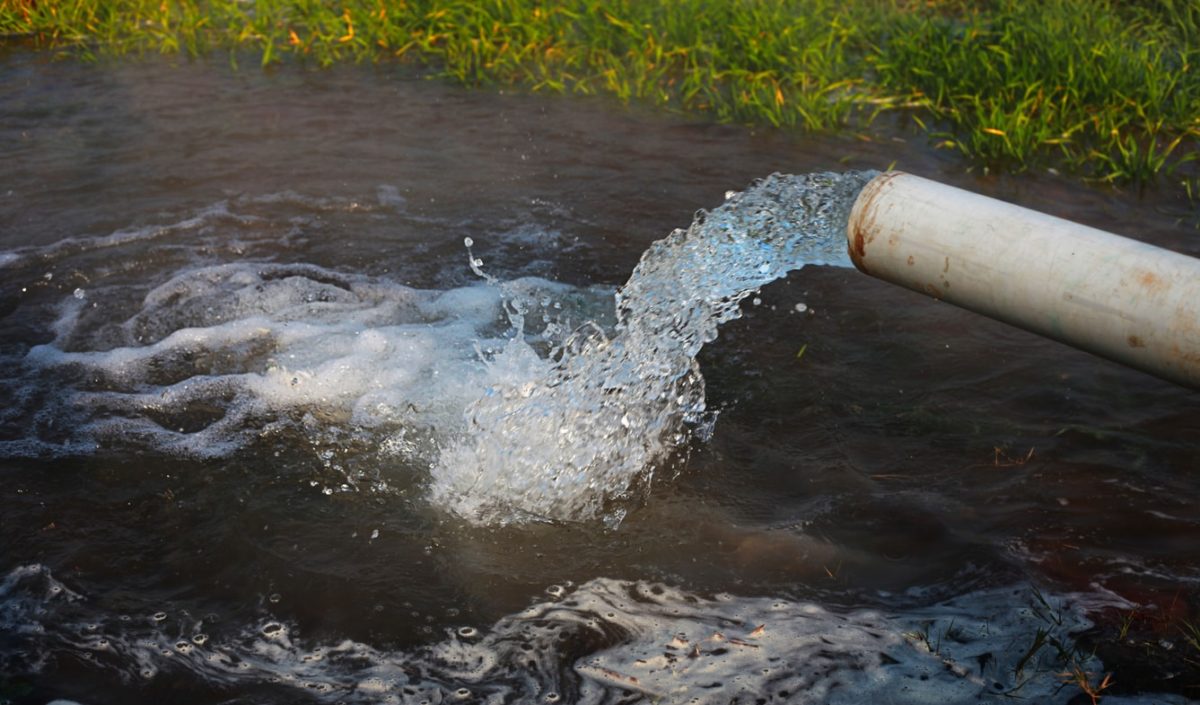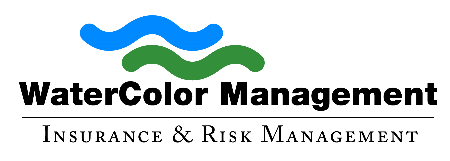
The recent federal Clean Water Act has made waves across the nation, with many suits being filed in the wake of groundwater pollutants. Both the Fourth Circuit and Ninth Circuit (courts) have upheld the act this year, saying that if contaminants make it to the groundwater surface, it’s then federally regulated by the CWA. This notion is aptly called the groundwater conduit theory. This theory has ultimately changed the landscape for groundwater businesses.
If you want to know more about the CWA, this blog is going to help break it down. This is what CWA Liability means for groundwater businesses.
The Clean Water Act, Explained in Court Cases
The first landmark court case that changed the scope happened on Feb. 1, 2018—the U.S. Court of Appeals for the Ninth Circuit Court in Hawai’i Wildlife Fund v. County of Maui held that the CWA regulates point source discharges that travel indirectly through groundwater to a surface water (aka, a navigable water). In short, the county was found liable for unauthorized discharge through the CWA, making a big win for environmentalists who started the suit against the county. In order to find out how bad the contamination was, a test was performed to see how far the pollutants really went across the county. A tracer dye test was performed that found that the dye was carried through four wells and into the Pacific Ocean, says the ABA.
The second court case, upheld by the Fourth Circuit Court, involved Upstate Forever v. Kinder Morgan Energy Partners, L.P.; with this case, gasoline had migrated to the nearby creeks and wetlands. While the district court felt that the CWA didn’t come into play here, the Fourth Circuit did. Groundwater insurance coverage would a keep business protected from a suit where they might be found at fault.
Implications of the Clean Water Act
The CWA changes the landscape for groundwater businesses in a few ways. First off, it means that you need specialized coverage that will protect your business in the event of contaminants reaching navigable waters. WaterColor can provide that, as well as navigating the jurisdiction of the groundwater conduit theory. New permits might have to come into play when it comes down to spilling or leaking materials conveyed by groundwater or subsurface flow as well, according to Environmental Protection Online. All in all, the CWA brings about the establishment of environmentalists who are fighting in court for someone to be held liable for water pollution. Groundwater insurance coverage can help make sure that you have nothing to worry about.
About Watercolor Management
WaterColor Management has insured the water industry for over 30 years. Our policies include unlimited defense cost coverage in the event of a lawsuit against you. Call us at (256) 260-0412 or email info@watercolormanagement.com for a quick quote for your Water Business Professional, Products/Completed operations, Pollution and General Liability Insurance.




